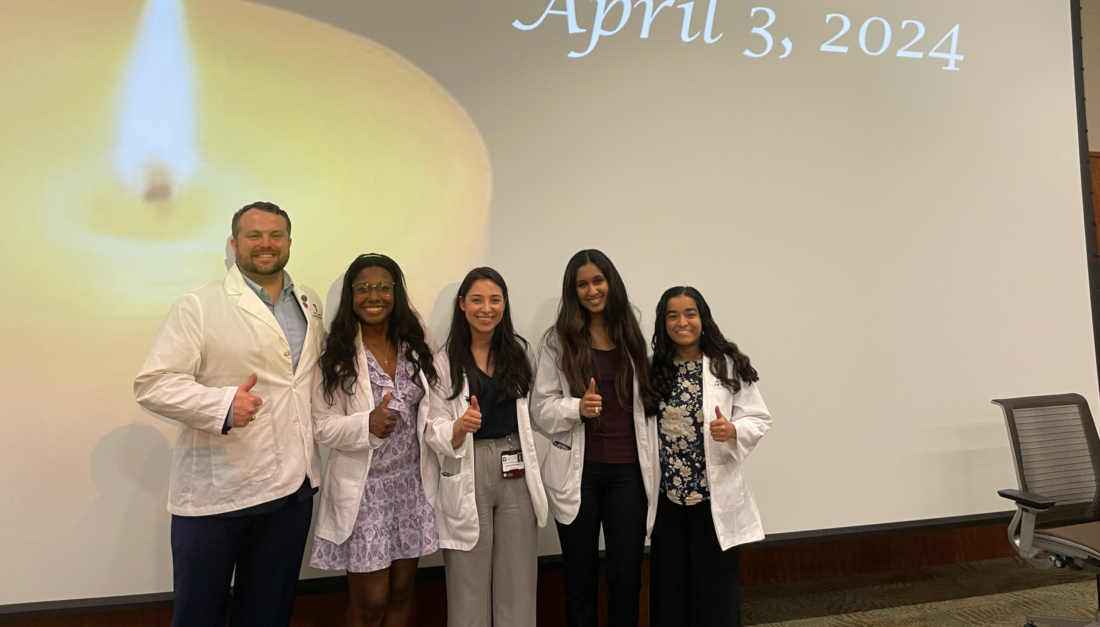IBT researchers learn more about signaling network
(HOUSTON, TX) — Researchers at the Texas A&M Health Science Center Institute of Biosciences and Technology at Houston have discovered that a complex protein signaling network implicated in some cancers also promotes heart formation, a surprising finding that provides a clearer understanding on how certain diseases develop.
The study is currently available online in the Proceedings of the National Academy of Sciences and will be in an upcoming issue of the journal.
“We were surprised to discover Wnt-signaling was a positive factor in heart development since previous work had predicted that this pathway was important for restricting cardiac development,” said James Martin, M.D., Ph.D., professor in the HSC-IBT and senior author. “Our observation is likely to have clinical impact, as many groups throughout the world are searching for molecules to promote cardiogenesis (heart formation) in stem cells.”
Proteins called Wnt form a family of signaling molecules that regulate cell-to-cell interaction during formation and development of the embryo. This complex Wnt-signaling pathway is involved in normal physiological processes, as well as cancer.
Earlier research has shown the heart is formed by two sets of cardiac progenitor (immature or undifferentiated) cells. Cells in the first heart field (FHF) contribute to the left ventricular myocardium (muscular wall), and those in the second heart field (SHF) contribute to development of the outflow tract and right ventricular myocardium, along with the endocardium (interior lining of heart chambers) and smooth muscle (responsible for contractability in the heart and other hollow organs).
Previous work also has indicated Wnt-signaling as an important negative regulator of FHF development.
In their study of mice embryos, Dr. Martin and his colleagues found Wnt-signaling plays a critical, positive role in promoting SHF expansion and diversification. The discovery eventually could have a significant therapeutic impact, as several labs are currently characterizing multipotent cardiac progenitor cells – cells that can give rise to other cell types for use in treating acquired cardiovascular diseases.
“The next step for researchers is to identify the signaling molecules that promote progenitor cell expansion,” Dr. Martin said. “Initial indications are Wnt-signaling is an excellent candidate to promote the growth of cardiac progenitors.”
Other HSC-IBT contributors to the PNAS study were Antonio Baldini, Ph.D., research scientist; Di Ai, graduate research assistant; Jun Wang, graduate research assistant; Li Chen, graduate research assistant; and Mei-Fang Lu, research associate. Also contributing were William H. Klein, Ph.D., chair and professor of chemistry and molecular biology at The University of Texas M.D. Anderson Cancer Center and with The University of Texas Graduate School of Biomedical Sciences at Houston; and Xueyao Fu of UT M.D. Anderson Cancer Center and UT GSBS.
Research was supported by grants from the National Institutes of Health and Robert A. Welch Foundation.
The Texas A&M Health Science Center provides the state with health education, outreach and research. Its six components located in communities throughout Texas are Baylor College of Dentistry, the College of Medicine, the Graduate School of Biomedical Sciences, the Institute of Biosciences and Technology, the Irma Lerma Rangel College of Pharmacy, and the School of Rural Public Health.
Media contact: media@tamu.edu


